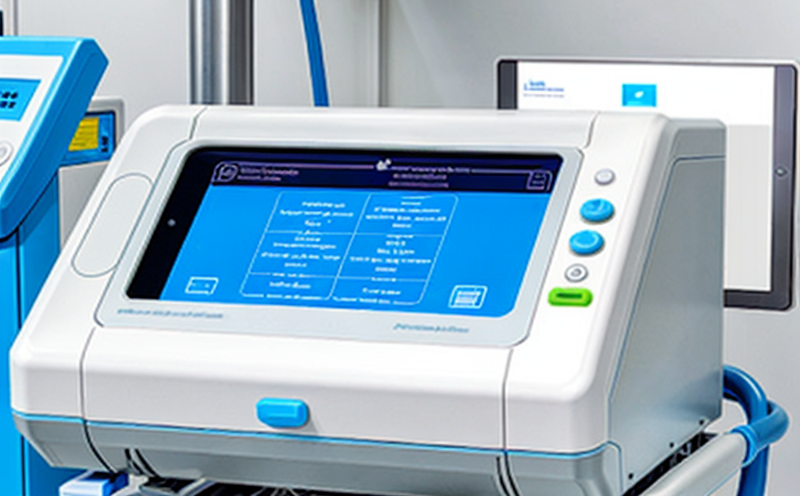Sterilization validation for devices used in critical care applications
The Crucial Role of Sterilization Validation for Devices Used in Critical Care Applications Ensuring Patient Safety and Regulatory Compliance
In the critical care environment, where lives are often on the line, ensuring that medical devices are properly sterilized is of paramount importance. Sterilization validation for devices used in critical care applications is a laboratory service provided by Eurolab, a trusted partner for businesses committed to delivering safe and effective products.
With the ever-present threat of hospital-acquired infections (HAIs) and the constant evolution of medical technologies, it has never been more crucial for companies to validate their sterilization processes. In this article, we will delve into the world of sterilization validation, highlighting its benefits, answering frequently asked questions, and emphasizing why this essential service is a must-have for businesses operating in the critical care sector.
What is Sterilization Validation?
Sterilization validation is the process of verifying that a sterilization method or procedure can effectively eliminate all forms of microbial life from a medical device. This involves testing the devices materials, design, and packaging to ensure they do not interfere with the sterilization process, thereby guaranteeing the safety of patients who will be treated with these devices.
Why is Sterilization Validation Essential?
The importance of sterilization validation cannot be overstated. Medical devices used in critical care applications require rigorous testing to prevent the transmission of pathogens and ensure patient safety. The following are just a few compelling reasons why companies should prioritize sterilization validation
Patient Safety Sterilization validation ensures that medical devices are free from contaminants, reducing the risk of HAIs and protecting patients lives.
Regulatory Compliance Regulatory bodies such as the FDA, ISO, and EU-MDR require manufacturers to demonstrate their sterilization processes meet strict standards. Non-compliance can lead to product recalls, fines, and damage to reputation.
Risk Reduction By validating sterilization methods, companies can identify potential risks associated with device design or materials and address them proactively.
Cost Savings Implementing effective sterilization validation procedures can prevent costly recalls, rework, and legal fees associated with non-compliance.
Benefits of Sterilization Validation
Enhanced Patient Trust When patients know that medical devices used in their care have undergone rigorous testing for sterility, they are more likely to trust the treatment process.
Improved Regulatory Relationships Companies that demonstrate commitment to sterilization validation can foster positive relationships with regulatory bodies and industry partners.
Increased Efficiency Validated sterilization processes reduce the need for repeated testing and rework, streamlining production and saving resources.
Sterilization Validation for Critical Care Devices
Eurolabs sterilization validation services cater specifically to medical devices used in critical care applications. Our expert team will work closely with clients to
Develop Customized Testing Plans Based on device specifications and regulatory requirements.
Conduct Sterilization Process Verification To ensure efficacy and identify potential issues.
Validate Device Materials and Design For compatibility with sterilization methods.
Provide Regular Reporting and Documentation To facilitate compliance and auditing.
Frequently Asked Questions
What is the difference between sterilization and disinfection?
Sterilization involves eliminating all forms of microbial life, while disinfection targets specific microorganisms without complete elimination.
How often should I revalidate my sterilization process?
Revalidation should occur whenever changes are made to device design, materials, or production processes.
Can I use a single sterilization method for multiple devices?
No, each medical device requires individual testing and validation due to differences in material, design, and packaging.
Conclusion
Sterilization validation is no longer a nicety; its a necessity for companies operating in the critical care sector. Eurolabs comprehensive laboratory services ensure that your business meets regulatory requirements while prioritizing patient safety. By choosing Eurolabs sterilization validation, you can rest assured that your medical devices are safe, effective, and compliant with industry standards.
By staying ahead of the curve and embracing best practices in sterilization validation, businesses can build trust with patients, partners, and regulatory bodies alike. Join the ranks of leaders who value patient safety above all else partner with Eurolab today for a safer tomorrow.




